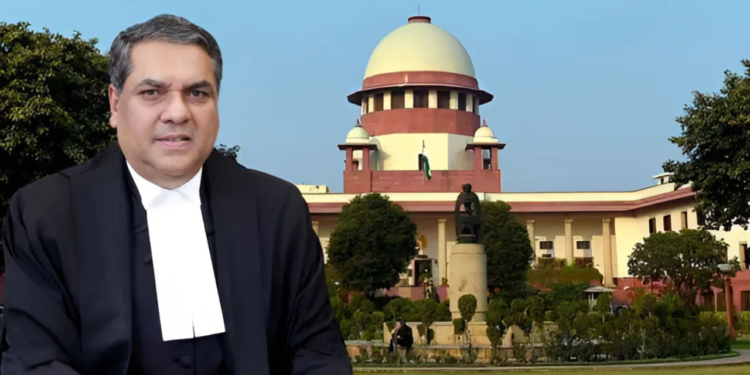Chief Justice of India (CJI) Sanjiv Khanna has taken a strong stand in favor of supporting junior lawyers with a minimum stipend, as proposed by the Bar Council of India (BCI). He expressed concern about the increasing shift of young lawyers from litigation to corporate or in-house roles, which is often motivated by the need for financial stability rather than professional interest. CJI Khanna pointed out that this trend is especially pronounced among first-generation lawyers who face structural challenges such as low financial security and a lack of social support within the legal profession.
“Increasingly, we are seeing bright, young legal minds gravitating toward corporate law firms or abandoning law for managerial roles. While these paths may offer their own merits, we must ask ourselves: are we failing to guide young lawyers toward public interest work? The departure from litigation is not simply about personal choice, but a consequence of systemic issues like insufficient financial security,” he said.
CJI Khanna emphasized that the legal profession, which plays a vital role in serving the public, needs to be restructured to make it more attractive and accessible for young lawyers. He stressed that implementing a minimum stipend would provide financial stability in the early years of a lawyer’s career and encourage them to pursue litigation, thereby strengthening the profession and enhancing the overall judicial system.
“By offering a minimum stipend, we give young lawyers the chance to develop their practice without being forced to choose lucrative corporate paths for financial reasons. This would also enable them to make more informed career choices, focusing on public interest work rather than defaulting to corporate roles,” he said.
Further, CJI Khanna underlined the importance of the Bar in the judicial system, emphasizing that while judges are a vital and visible part of the judiciary, the profession is complete with lawyers. “The judiciary is a collective body, composed of both the Bench and the Bar. Judges and lawyers are inextricably linked, with both playing essential roles in the delivery of justice. A strong and well-prepared Bar ultimately leads to better judges and a better judiciary,” he said.
CJI Khanna also discussed the critical role of lawyers in shaping the law and providing access to justice, explaining how lawyers help interpret statutes and give life to the law. He noted that lawyers represent diverse perspectives and grievances, which enriches the judicial process and strengthens democracy.
On the issue of accountability, CJI Khanna spoke about the shared responsibility between the Bench and the Bar, with both being ultimately accountable to the public. He pointed out that criticisms regarding case delays, adjournments, and backlogs should be seen as part of an ongoing effort to improve the judiciary. “Accountability checks should not be seen as confrontations. We are all accountable to the public and under constant scrutiny. It is our collective responsibility to improve the functioning of both the Bench and the Bar,” he stated.
In addition to these concerns, CJI Khanna lauded the increasing shift toward alternative dispute resolution (ADR) methods, such as mediation and pre-litigation negotiations, as a way to alleviate the burden on courts. “Lawyers are increasingly guiding clients to explore options like mediation, which helps ease case backlogs and fosters quicker, more effective justice delivery,” he said.
CJI Khanna’s remarks highlight the need for a holistic approach to reform the legal profession, focusing not just on improving the financial conditions of junior lawyers but also on fostering a more inclusive, supportive environment that encourages young talent to pursue litigation and public service.

















